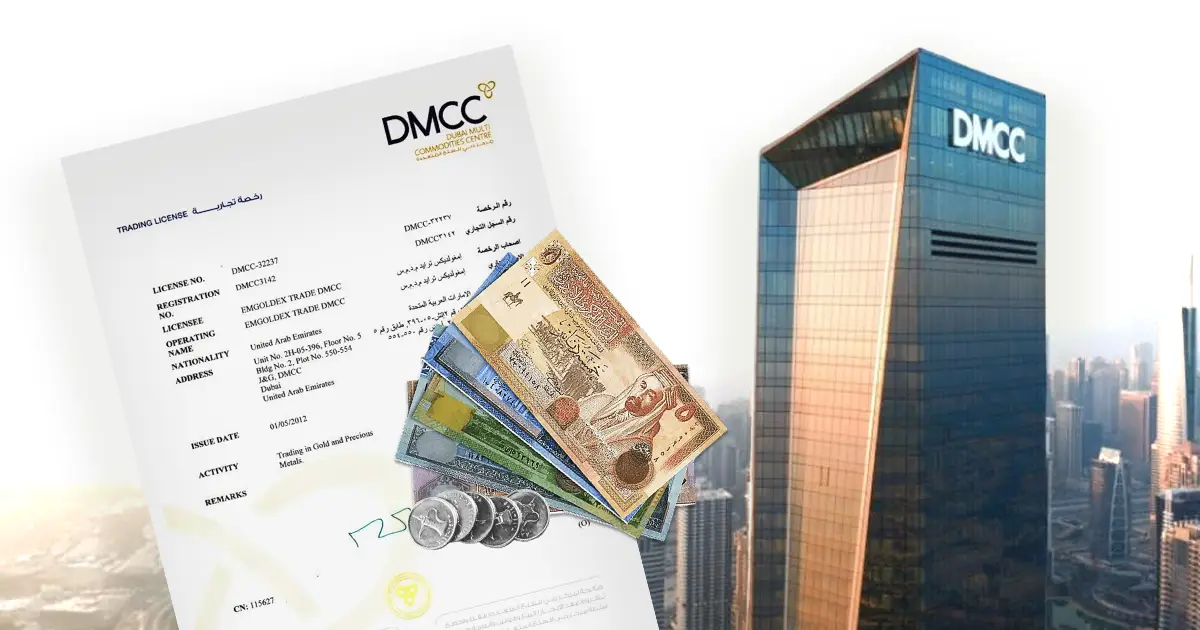Forming a One-Person Company gives modern solo entrepreneurs a range of strategic advantages. These benefits range from financial protection to enhanced brand credibility.
Here are the primary benefits explained in detail:
-
100% Ownership and Control
A single individual can fully own an OPC. This includes foreign nationals, who can also hold 100% ownership. This gives the entrepreneur complete and undivided control over all business decisions, operations, and profits.
There is no need for a local partner or sponsor, which simplifies governance and ensures the founder’s vision is executed without compromise.
-
Limited Liability Protection
This is the core benefit of an OPC. A One-Person company is a separate legal entity, distinct from its owner. This means the business’s debts and liabilities belong to the company, not the individual. The owner’s personal assets, such as their home, car, and savings, are protected from business risks and creditors.
This financial shield provides immense peace of mind and is a crucial difference from a Sole Proprietorship, where the owner is personally liable for everything.
While an OPC is a formal corporate structure, its compliance requirements are more streamlined compared to a multi-shareholder LLC. For instance, the rules regarding board meetings, quorums, and annual general meetings are relaxed.
This reduces the administrative burden on the solo entrepreneur, allowing them to focus more on core business activities.
The UAE offers a highly attractive tax environment. A One-Person Company LLC in the UAE benefits from this regime.
There is 0% corporate tax on annual profits up to AED 375,000. A standard corporate tax rate of 9% applies only to profits exceeding this threshold.
- There is no personal income tax, so the owner can draw profits without additional tax deductions. This tax structure is designed to support startups and SMEs, making the OPC a financially efficient choice.
Note: The UAE Corporate Tax Law, issued under Decree-Law No. 47 of 2022, applies to all financial years beginning on or after June 1, 2023.
-
Enhanced Brand Credibility
Operating as a registered company, such as a One-Person company LLC, significantly boosts brand credibility and trust. Clients, suppliers, and partners are often more willing to do business with a formal corporate entity than with an individual freelancer or a sole proprietorship.
The “(LLC)” suffix adds a layer of professionalism and signals that the business is a stable and serious venture.
-
Easier Access to Banking and Funding
A registered company owned by one person finds it much easier to open a corporate bank account in the UAE. Banks view corporate structures as more stable and transparent.
Furthermore, should the business seek funding in the future, investors are more likely to invest in a formal company with limited liability and a clear legal structure.





